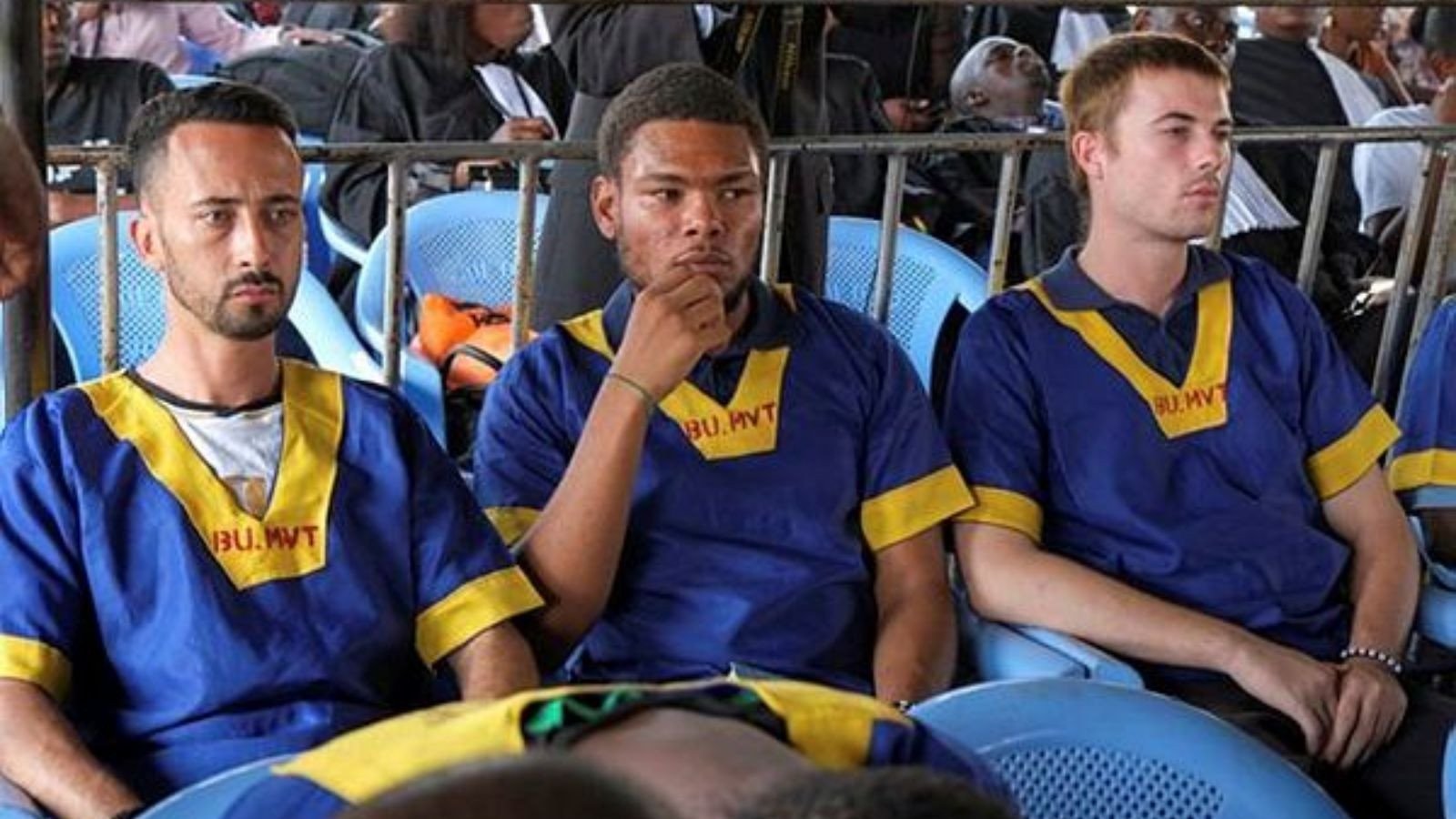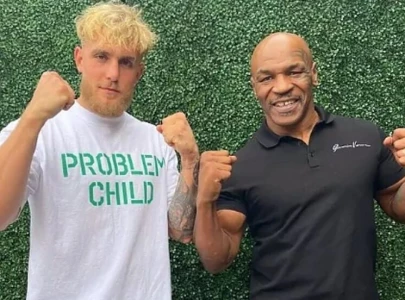
Thirty-seven individuals, including three Americans, a Briton, a Belgian, and a Canadian national, have been sentenced to death in the Democratic Republic of Congo (DRC) over an alleged coup attempt aimed at overthrowing President Félix Tshisekedi.
The men were accused of orchestrating an attack on the presidential palace and the residence of Vital Kamerhe, a political ally of the president, in May. Among those involved was Christian Malanga, a U.S. citizen of Congolese descent and the suspected leader of the coup, who was killed during the attack along with five others.
A total of 51 people stood trial in a military court in Kinshasa, with the hearings broadcast on national television and radio. Thirty-seven of the accused, including the three American citizens, were convicted and received the death penalty on charges of criminal conspiracy, terrorism, and orchestrating an attack. One of the Americans sentenced to death is Marcel Malanga, the son of the late Christian Malanga.
According to the prosecution, the coup plot was thwarted in its early stages, with security forces swiftly neutralising the threat on May 19.
The plotters, who were dressed in military uniforms and carrying the old Zaire flag, released videos on social media declaring their intent to reform the Republic. Zaire was the name of the DRC from 1971 until 1997.
Christian Malanga, who had long advocated for the return of Zaire and formed the United Congolese Party in 2010, also created a government-in-exile in Brussels in 2017. His movement, the so-called "New Zaire," was behind the attempted coup.
Marcel Malanga, along with two other Americans, Tyler Thompson and Benjamin Zalman-Polun, were sentenced to death. Marcel told the court that his father had threatened to kill him unless he participated in the coup.
Thompson, a former friend of Marcel’s from Utah, was also sentenced to death. His family expressed shock at his involvement, stating they had no knowledge of how he ended up in the DRC. Zalman-Polun, who had business connections with Christian Malanga, was similarly convicted.
Other individuals sentenced to death include Jean-Jacques Wondo, a dual Congolese-Belgian citizen. Wondo, a researcher on regional politics, had been described by Human Rights Watch as having tenuous links to the coup attempt. The British national, Youssouf Ezangi, was accused of helping to recruit some of the participants.
Of the 51 people on trial, 14 were acquitted, with the court determining that they had no involvement in the plot. Those convicted have five days to appeal their sentences. While death sentences have not been carried out in the DRC for over 20 years, a moratorium on executions was lifted in March, though no death penalties have been enforced since.
The attempted coup took place in the early hours of May 19, with the attackers first targeting the home of parliamentary speaker Vital Kamerhe before moving on to the presidential palace. Gunfire was exchanged, and the attack was ultimately foiled.
President Tshisekedi, who was re-elected in December 2023, secured approximately 78% of the vote in a disputed election.

1717587923-0/jake-paul-vs-mike-tyson-(1)1717587923-0-165x106.webp)


1725443747-0/Untitled-design-(5)1725443747-0-165x106.webp)



1731738952-0/Untitled-design-(13)1731738952-0-270x192.webp)
1731735822-0/Copy-of-Untitled-(1)1731735822-0-270x192.webp)







COMMENTS
Comments are moderated and generally will be posted if they are on-topic and not abusive.
For more information, please see our Comments FAQ